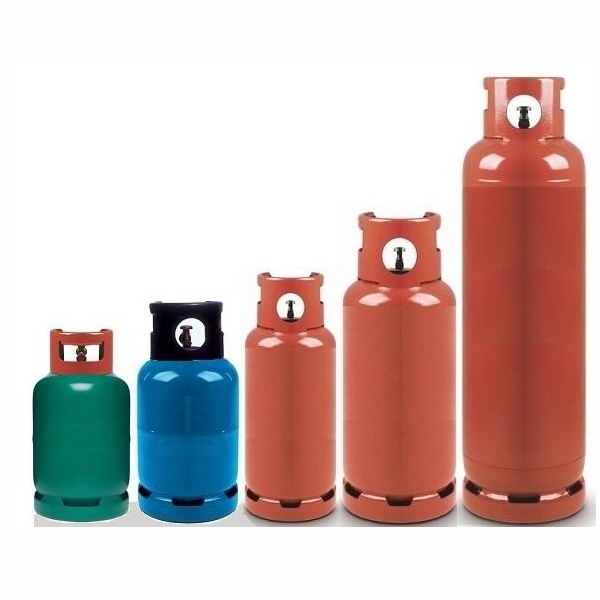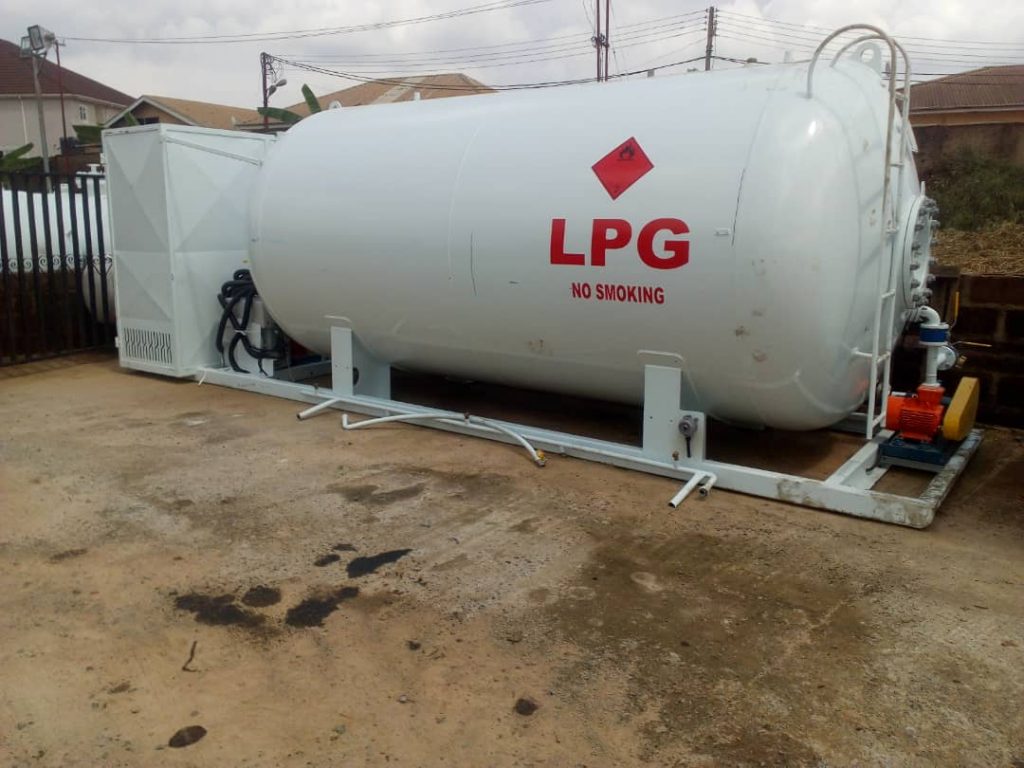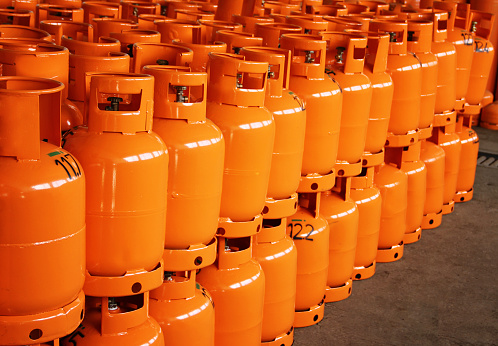 The Nigeria Liquefied Natural Gas Limited, NLNG, on Wednesday opposed the proposed amendment of its founding law, saying it could pose a barrier to efforts towards future investments in gas development in Nigeria.
The Nigeria Liquefied Natural Gas Limited, NLNG, on Wednesday opposed the proposed amendment of its founding law, saying it could pose a barrier to efforts towards future investments in gas development in Nigeria.
The Managing Director of NLNG, Tony Attah, made the position of the company known in Abuja at the ongoing 2017 Nigeria Oil and Gas Strategic Conference and International Exhibition titled: “Nigeria’s Gas Sector – The Catalyst for Economic and Industrial Growth?”
Mr. Attah said Nigeria’s aspirations for rapid economic and industrial growth would be derailed if the removal of legislative frameworks like the Nigeria LNG Fiscal Incentives, Guarantees and Assurances Act, were allowed in the country’s gas industry.
“It is time for gas,” he said. “We need deliberate decisions and policies to decouple oil from gas and attract new investments. We need to do that now. Investments in the gas and LNG industry are declining.
“It is already difficult, as things stand, to find Foreign Direct Investments, FDIs and growth in the gas industry after the recent down-beat global crude oil price.”
Although h said experts were optimistic about a strong likelihood of increased gas demand in future, Mr. Attah pointed out that if Nigeria continued with the self-inflicted barriers in her gas industry, the country might miss the opportunity to become a major player in the global energy mix.
The industry, he noted, had benefited the Nigerian economy, diversifying the revenue and export bases as well as channelling FDIs into the country, creating jobs and significantly contributing to the local manufacturing capacity in the country.
However, he said, all these benefits stand the risk of being wasted if the country continues to shift policies and renege on international agreements that put some frameworks into the business and generate investor confidence.
“We need to be creative with incentives that will attract investments and preserve the sanctity of contracts and agreements for all of this to come together in our national interest,” the NLNG boss said.
He explained why the proposed amendment of the NLNG Act, a key legal enabler responsible for the success of the company, by the House of Representatives was not a good move for the country.
“NLNG is a successful Nigerian company, with an asset base of $11 billion as well as the fourth largest LNG plant in the world. It has generated $90 billion in revenues as at 2015, paid $5.7 billion in taxes as well as committed more than $200 million to corporate social responsibility projects, especially in the areas of capacity building and infrastructure development.
“All these were achieved with a management staff and 95 per cent of the total workforce made up of Nigerians,” he said.
Besides, Mr. Attah said the NLNG contributed significantly to the domestic liquefied petroleum gas industry, supplying about 40 per cent of cooking gas in Nigeria, an intervention, he noted, had continued to be part of initiatives to deepen the availability and usage of cooking gas in the country.
In addition, he said, the company helped strengthen the country’s manufacturing capacity through projects such as the recent acquisition of six new LNG ships built by Samsung and Hyundai Heavy Industries of South Korea.
He said amendment of the NLNG Act would result in immediate loss of investor confidence, especially the imminent requirement of over $1 billion investment every year in the upstream for the next few years in order to guarantee steady gas supply for NLNG’s Trains 1 – 6 to maintain full operations.
He said the review of the law would result in an immediate loss of $25 billion foreign investment in Train 7, consisting $15 billion by the upstream and $10 billion for construction, apart from another potential loss of about 18,000 jobs required for the construction activities of Train 7.
The lawmakers accused the NLNG of refusal since year 2000 to remit its statutory contributions to the Niger Delta Development Commission, NDDC, for over 16 years, describing the act as fragrant abuse of the law setting up the NDDC.
However, the company continued to argue that it was granted exemption from the payment of the NDDC levy by the NLNG Act of 2004, in accordance with verdict of a Supreme Court ruling delivered in 2011.
But, Minority Leader of the House, Leo Ogor, insisted the amendment of the relevant sections of the Act was inevitable, as it would enable the lawmakers hold the NLNG to its responsibility for the environmental degradation of the Niger Delta region.
Several other groups, including the Petroleum and Natural Gas Senior Staff Association of Nigeria, PENGASSAN, and the Petroleum Club, a group of concerned interest groups in the oil and gas sector, have also voiced their opposition to the move by the law makers.




